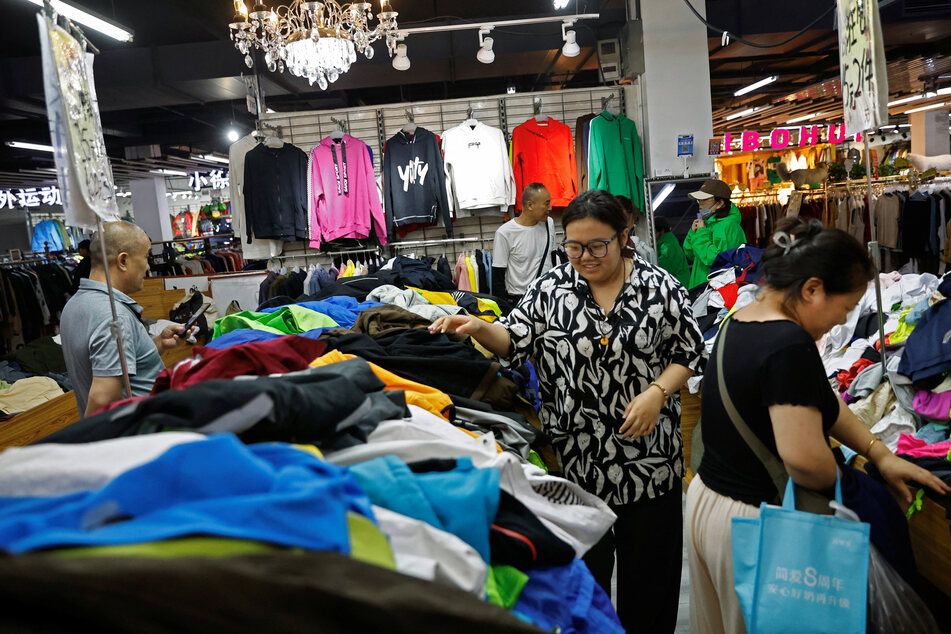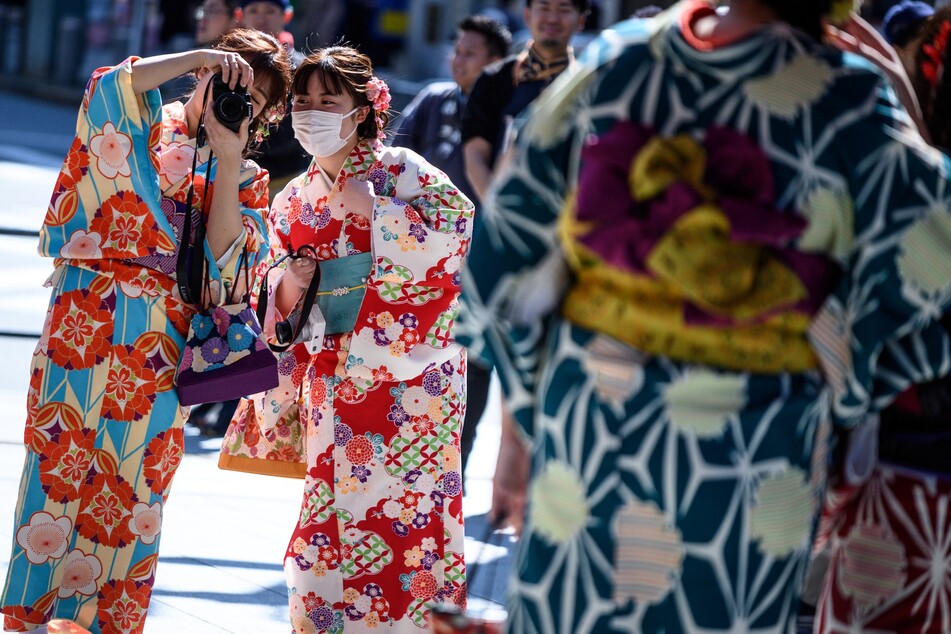China considers law aimed at banning outfits that "hurt feelings" of nation
Beijing, China - Clothing that "hurts the feelings" of the nation could soon be outlawed in China, according to recent draft revisions to legislation, with their vagueness sparking concern over the broad scope for interpretation and enforcement.

The proposed law states that both speech and clothing deemed "harmful to the spirit of the Chinese people" or that "hurts the feelings" of the nation will result in fines or even jail time.
But it stops short of defining specifically which types of clothing stand to be banned by the new rules.
"Determining who has the authority to decide and how to make judgements may require more time, and we need the establishment of mature judgement criteria before advancing such proposals," a 23-year-old Beijing woman named He told AFP.
She worried that the offenses the law targets are "not as clear as crimes like robbery, where right and wrong are definitive".
Several legal scholars in China objected on similar grounds to the revisions, which were released earlier this month for public consultation.
The consultation period ends on September 30.
The proposals would lead to "too vague a standard of punishment, which will easily lead to an arbitrary expansion of the scope of administrative punishment", wrote Tsinghua University's Lao Dongyan on the social media platform Weibo.
China's troubled history with Japan at the fore

Police in China already routinely use the broad charge of "picking quarrels and provoking trouble" to punish people with clothing or banners bearing messages deemed politically sensitive.
But the changes could grant authorities further power to clamp down on any clothing perceived as harmful to public morality.
Earlier this month, social media videos showed a man in the southern city of Shenzhen being questioned by police for livestreaming himself wearing a skirt, triggering a discussion about individual freedom of expression.
Many online commentors agreed with local law enforcement's decision to intervene, with one saying the man's behavior was "offensive to common morals".
Like most people AFP spoke to on the streets of Beijing, He interpreted the revisions mainly as a reaction to incidents involving people wearing Japanese clothing in historically significant places or on memorial days.
In 2021, the state-backed tabloid Global Times said a woman was "severely criticized and educated" after she wore a kimono in public on December 13, the national remembrance day for victims of Japanese war crimes in 1937.
And last year, a woman said she was detained during a photoshoot while wearing a kimono in the eastern city of Suzhou by police.
"Dressing is everyone's own choice and freedom, but there are also special (circumstances)," He said.
"If someone makes an insulting move in front of a certain statue on a specific day and wears a special costume, such behavior is 100% on purpose and should be punished."
Beijingers offer mixed reactions to proposed law
Gu, a 35-year-old man, told AFP that he was open to holding people legally accountable for offensive clothing on "special occasions."
"There are indeed some historical reasons, and I think the emotions of the local people should be considered," said Gu. "But in most cases, for example, if someone just goes to a shopping street (wearing a kimono), I think there is no need to pursue any action."
Others, such as 25-year-old programmer Yang Shuo, were less lenient.
"If a person wears a kimono to... the Memorial Hall for the Victims of the Nanjing Massacre by Japanese Invaders, I believe it would cause significant psychological harm to the Chinese people," he said.
"I think they should be punished."
Cover photo: REUTERS

